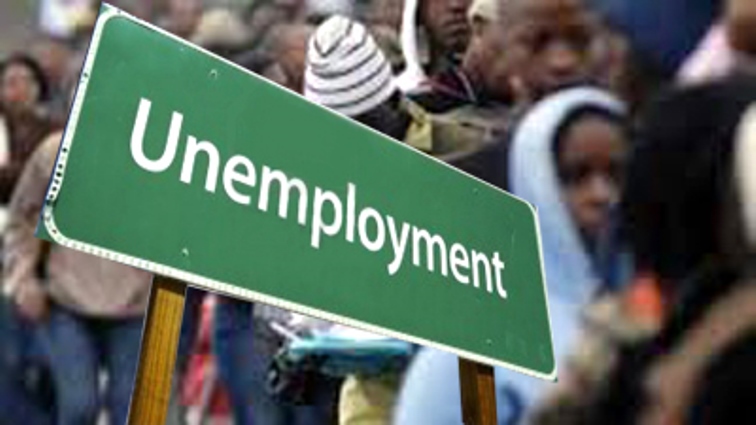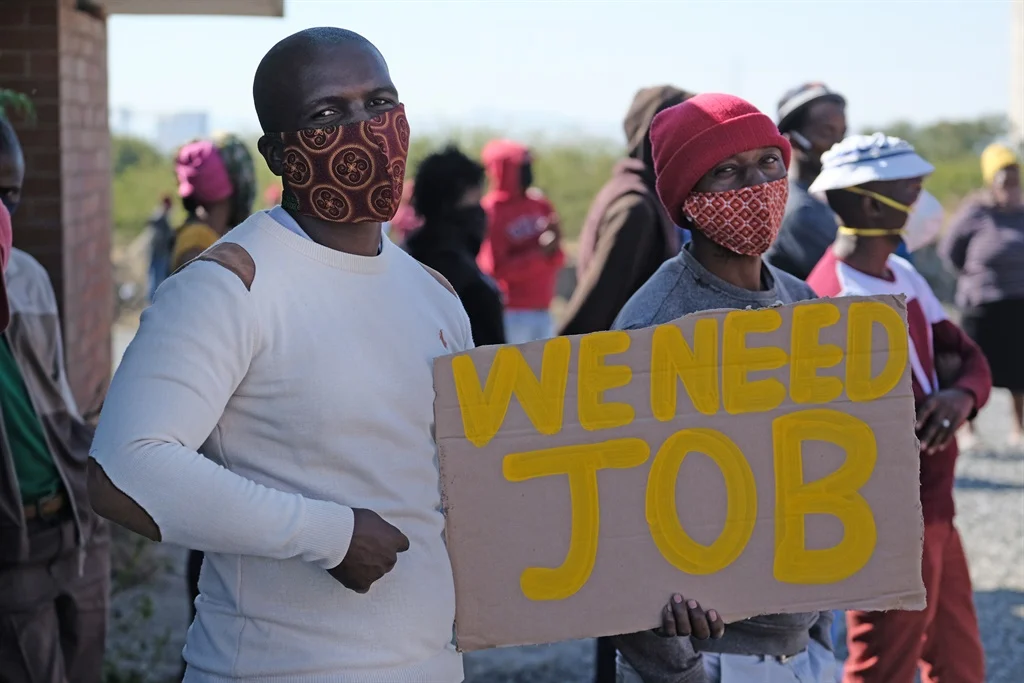South Africa’s unemployment rate rose to a new high in the fourth quarter as more people started to look for work after coronavirus restrictions were eased and the economy rebounded following the worst riots seen since the end of apartheid.
The jobless rate rose to 35.3%, from 34.9% in the three months through September, Statistics South Africa said Tuesday in a report released in the capital, Pretoria. That’s the highest on a list of 82 countries monitored by Bloomberg — although some of the data is outdated. The median of eight economists’ estimates in a Bloomberg survey was 35.1%.
The high unemployment rate may compound rising anti-immigrant sentiment among some South Africans who resent facing additional competition for jobs, and spur the government to follow through on proposals to enforce employment quotas for foreign nationals. The state is also likely to face demands to extend a monthly jobless stipend that’s due to end next year, which would undermine its efforts to restrain public spending and meet its fiscal targets.
The jobless rate in Africa’s most-industrialized economy has exceeded 20% for at least two decades while economic growth has averaged 2.3%. Strict labor laws, stagnant productivity, bureaucratic hurdles and a skills shortage have reduced the ability of South African companies to hire additional workers.
Unemployment according to the expanded definition, which includes people who were available for work but not looking for a job, fell to 46.2%, from 46.6% in the third quarter.
READ ALSO: US: Biden’s double standard on refugees
While 262,000 jobs were created in the fourth quarter after the scrapping of almost all virus curbs and economic activity bounced back following the July unrest, that was insufficient to fully offset the additional number of work seekers.
Key Figures:
- Private households gained 129,000 jobs
- Trade industry added 118,000 jobs
- Community, social services added 73,000 jobs
- Agriculture added 38,000 jobs
- Mining gained jobs 25,000 jobs
- Finance industry added 18,000 jobs
- Manufacturing lost 85,000 jobs
- Construction lost 25,000 jobs
- Utilities lost 14,000 jobs
- Transport shed 13,000 jobs
The apartheid-era strategy of placing so-called townships, where many Black citizens were compelled to live, on the outskirts of cities also makes it difficult for residents to access the formal labor market. Without the creation of labor-intensive economic growth of above 5% a meaningful dent in the unemployment rate is unlikely.














